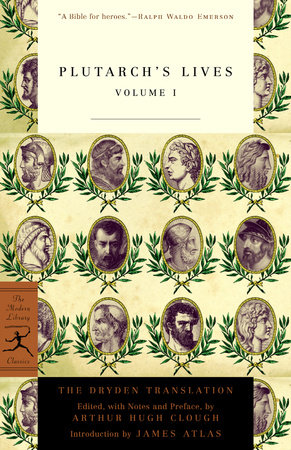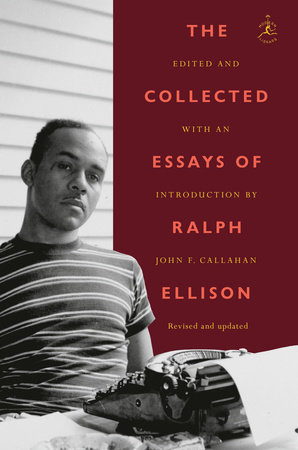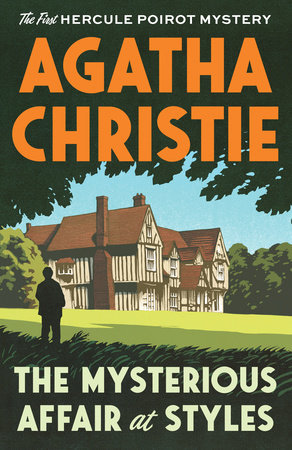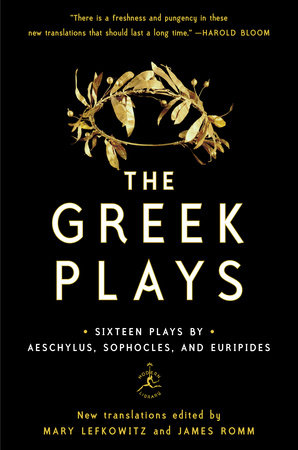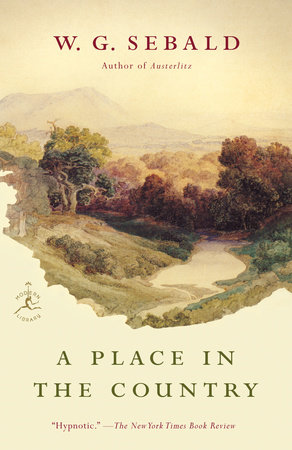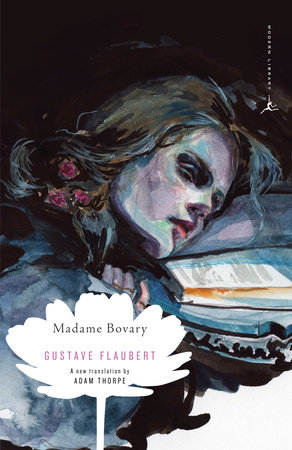Excerpt
Plutarch's Lives, Volume 1
THESEUS
As geographers, Sosius, crowd into the edges of their maps parts of the world which they do not know about, adding notes in the margin to the effect, that beyond this lies nothing but the sandy deserts full of wild beasts, unapproachable bogs, Scythian ice, or a frozen sea, so in this work of mine, in which I have compared the lives of the greatest men with one another, after passing through those periods which probable reasoning can reach to and real history find a footing in, I might very well say of those that are farther off- "Beyond this there is nothing but prodigies and fictions, the only inhabitants are the poets and inventors of fables; there is no credit, or certainty any farther." Yet, after publishing an account of Lycurgus the lawgiver and Numa the king, I thought I might, not without reason, ascend as high as to Romulus, being brought by my history so near to his time. Considering therefore with myself--
"Whom shall I set so great a man to face?
Or whom oppose? Who's equal to the place?"
(as Aeschylus expresses it), I found none so fit as him that peopled the beautiful and far-famed city of Athens, to be set in opposition with the father of the invincible and renowned city of Rome. Let us hope that Fable may, in what shall follow, so submit to the purifying processes of Reason as to take the character of exact history. In any case, however, where it shall be found contumaciously slighting credibility and refusing to be reduced to anything like probable fact, we shall beg that we may meet with candid readers, and such as will receive with indulgence the stories of antiquity.
Theseus seemed to me to resemble Romulus in many particulars. Both of them, born out of wedlock and of uncertain parentage, had the repute of being sprung from the gods.
"Both warriors; that by all the world's allowed."
Both of them united with strength of body an equal vigour of mind; and of the two most famous cities of the world, the one built Rome, and the other made Athens be inhabited. Both stand charged with the rape of women; neither of them could avoid domestic misfortunes nor jealousy at home; but towards the close of their lives are both of them said to have incurred great odium with their countrymen, if, that is, we may take the stories least like poetry as our guide to the truth.
The lineage of Theseus, by his father's side, ascends as high as to Erechtheus and the first inhabitants of Attica. By his mother's side he was descended of Pelops. For Pelops was the most powerful of all the kings of Peloponnesus, not so much by the greatness of his riches as the multitude of his children, having married many daughters to chief men, and put many sons in places of command in the towns round about him. One of whom named Pittheus, grandfather to Theseus, was governor of the small city of the Troezenians and had the repute of a man of the greatest knowledge and wisdom of his time; which then, it seems, consisted chiefly in grave maxims, such as the poet Hesiod got his great fame by, in his book of Works and Days. And, indeed, among these is one that they ascribe to Pittheus,
"Unto a friend suffice
A stipulated price;"
which, also, Aristotle mentions. And Euripides, by calling Hippolytus "scholar of the holy Pittheus," shows the opinion that the world had of him.
Aegeus, being desirous of children, and consulting the oracle of Delphi, received the celebrated answer which forbade him the company of any woman before his return to Athens. But the oracle being so obscure as not to satisfy him that he was clearly forbid this, he went to Troezen, and communicated to Pittheus the voice of the god, which was in this manner,
"Loose not the wine-skin foot, thou chief of men,
Until to Athens thou art come again."
Pittheus, therefore, taking advantage from the obscurity of the oracle, prevailed upon him, it is uncertain whether by persuasion or deceit, to lie with his daughter, Aethra. Aegeus afterwards, knowing her whom he had lain with to be Pittheus's daughter, and suspecting her to be with child by him, left a sword and a pair of shoes, hiding them under a great stone that had a hollow in it exactly fitting them; and went away making her only privy to it, and commanding her, if she brought forth a son who, when he came to man's estate, should be able to lift up the stone and take away what he had left there, she should send him way to him with those things with all secrecy, and with injunctions to him as much as possible to conceal his journey from every one; for he greatly feared the Pallentidae, who were continually mutinying against him, and despised him for his want of children, they themselves being fifty brothers, all sons of Pallas.


